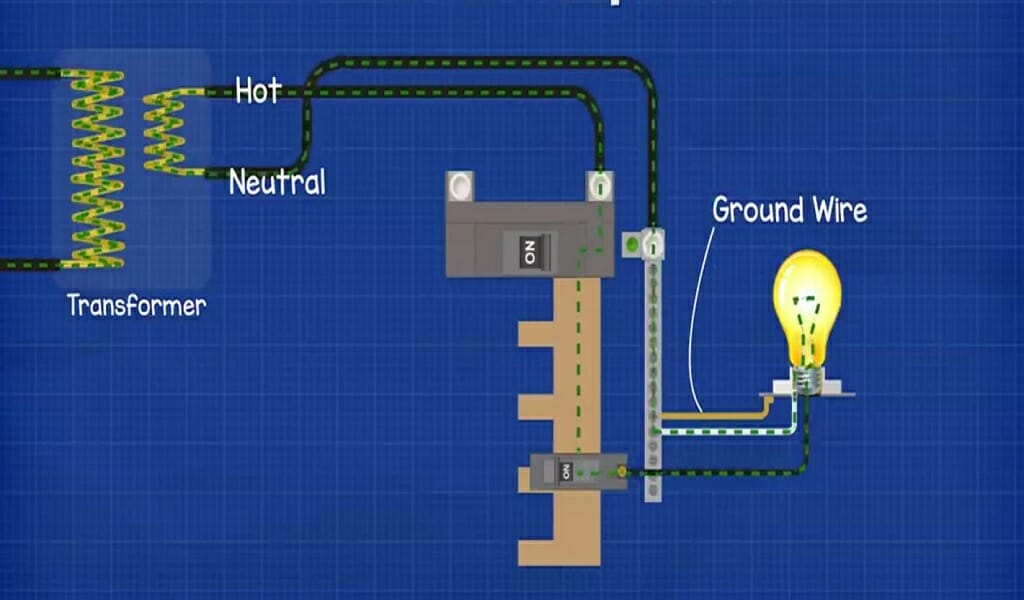Breathtaking Info About What Happens If Ground Wire Is Not Connected
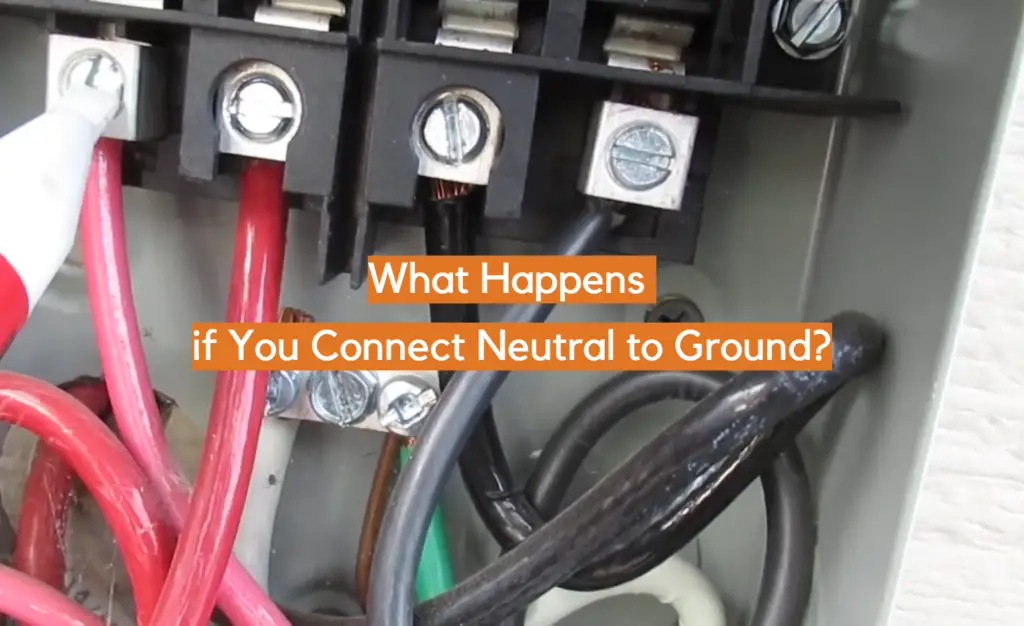
What Happens If You Connect Neutral To Ground? ElectronicsHacks
The Mystery of the Missing Ground Wire
1. Understanding the Ground Wire's Role
Ever wondered about that seemingly insignificant third prong on your power cord? That, my friend, is your ground wire, and it's far more important than you might think. It's like the unsung hero of your electrical system, quietly working to keep you safe from shocks and your appliances from frying themselves.
Think of electricity like water flowing through pipes. The "hot" wire is where the water (electricity) comes in, and the "neutral" wire is where it goes out. The ground wire? That's your emergency overflow drain. If something goes wrong and electricity accidentally leaks out of the intended path, the ground wire provides a safe route back to the source, tripping a breaker or blowing a fuse in the process. It's designed to handle faults and prevent a dangerous buildup of voltage.
Without a ground wire, that leaked electricity has nowhere to go. It might find a new path — perhaps through you! — if you touch a faulty appliance. Or, it could build up on the appliance itself, creating a shock hazard waiting to happen. Basically, a missing ground wire turns your electrical system into a potential game of Russian roulette.
Its not just about personal safety, although thats obviously paramount. A properly grounded system also protects your valuable electronic devices from power surges and electrical noise. So, it's a double win safety and longevity for your beloved gadgets.
2. The Shocking Consequences of a Disconnected Ground
3. The Immediate Dangers
Okay, let's get down to brass tacks: what really happens when a ground wire isn't connected? First and foremost, you're increasing your risk of electric shock. It's a bit like removing the airbags from your car — you hope you'll never need them, but you really want them there if things go south.
Imagine your washing machine develops a fault, and the metal casing becomes energized. With a properly connected ground, that electricity would immediately travel down the ground wire, tripping the breaker and cutting off the power. Without it? You touch the washing machine, and you become the path of least resistance. Not a pleasant experience, and potentially deadly.
Beyond the immediate shock hazard, the absence of a ground wire can also lead to appliance damage. Power surges, which are common even in normal electrical systems, can fry sensitive electronic components if there's no ground to divert the excess voltage. That fancy new TV might not be so fancy anymore after a sudden spike of uncontrolled electricity.
And let's not forget about the increased risk of fire. Faulty wiring, combined with a lack of grounding, can create a dangerous buildup of heat, potentially igniting nearby materials. So, a disconnected ground wire isn't just a safety issue; it's a fire hazard waiting to spark.
4. The Sneaky, Long-Term Effects
5. Wear and Tear on Your Appliances
It's not always a dramatic, immediate catastrophe when the ground wire is disconnected. Sometimes, the effects are subtle, insidious, and unfold over time. Think of it as a slow burn, gradually degrading your electrical system and your appliances.
Without a proper ground, your appliances are more vulnerable to electrical noise — those small fluctuations in voltage that can wreak havoc on sensitive electronics. Over time, this noise can shorten the lifespan of your devices, causing them to fail prematurely. It's like constantly exposing them to low-level stress, eventually wearing them down.
Moreover, a missing ground can contribute to increased energy consumption. Faulty appliances, struggling with unstable voltage, might draw more power than they should, leading to higher electricity bills. It's like driving a car with misaligned wheels; you're using more fuel to achieve the same distance.
And here's a thought: think about resale value. A house with an outdated or improperly grounded electrical system is a turn-off for potential buyers. It's a red flag that screams "expensive repairs ahead!" So, ignoring your ground wires can eventually impact your property value.
6. How to Check (and Fix!) a Grounding Problem
7. Simple Checks and When to Call a Pro
Alright, you're convinced that ground wires are important. Now what? How do you check if yours are properly connected, and what do you do if you find a problem? Here are some things to keep in mind.
First, a simple visual inspection can go a long way. Check your outlets — are they three-pronged? If you see two-pronged outlets in a newer home, that's a sign something might be amiss. You can also use a circuit tester, available at most hardware stores, to check if an outlet is properly grounded. Just plug it in and see if the lights indicate a proper connection.
However, electricity is not something to mess with lightly. If you find any issues — like outlets that aren't grounded, frayed wires, or a burning smell — it's time to call a qualified electrician. Don't try to fix it yourself unless you're absolutely sure you know what you're doing.
An electrician can perform a thorough inspection of your entire electrical system, identify any grounding problems, and make the necessary repairs. They can also install ground fault circuit interrupters (GFCIs), which are extra-sensitive breakers that can detect even small ground faults and cut off the power before a shock occurs. They're highly recommended, especially in areas like bathrooms and kitchens.
8. Grounding Myths Busted!
9. Separating Fact from Fiction
The world of electrical safety is full of misconceptions. Let's debunk a few common myths about grounding.
Myth 1: "If my appliance has a plastic casing, I don't need a ground wire." False! Even if the outer casing is non-conductive, internal components can still become energized in the event of a fault. The ground wire is there to protect you regardless of the material of the casing.
Myth 2: "I can just use an adapter to plug a three-pronged plug into a two-pronged outlet." Technically, yes, you can use an adapter. But simply plugging it in doesn't ground the appliance! Most adapters have a small wire or tab that's supposed to be connected to the outlet's cover plate screw, which is theoretically grounded. However, this connection is often unreliable, and many people simply don't bother connecting it. So, it's not a safe substitute for a proper three-pronged outlet.
Myth 3: "My house is old, so I don't need to worry about grounding." Actually, older homes are more likely to have grounding issues. Electrical codes have evolved over time, and older wiring might not meet current safety standards. It's especially important to have an older home inspected by an electrician to ensure it's properly grounded.Understanding these myths is crucial for making informed decisions about your electrical safety. Don't fall for false assumptions; prioritize your safety and get your grounding system checked by a professional.
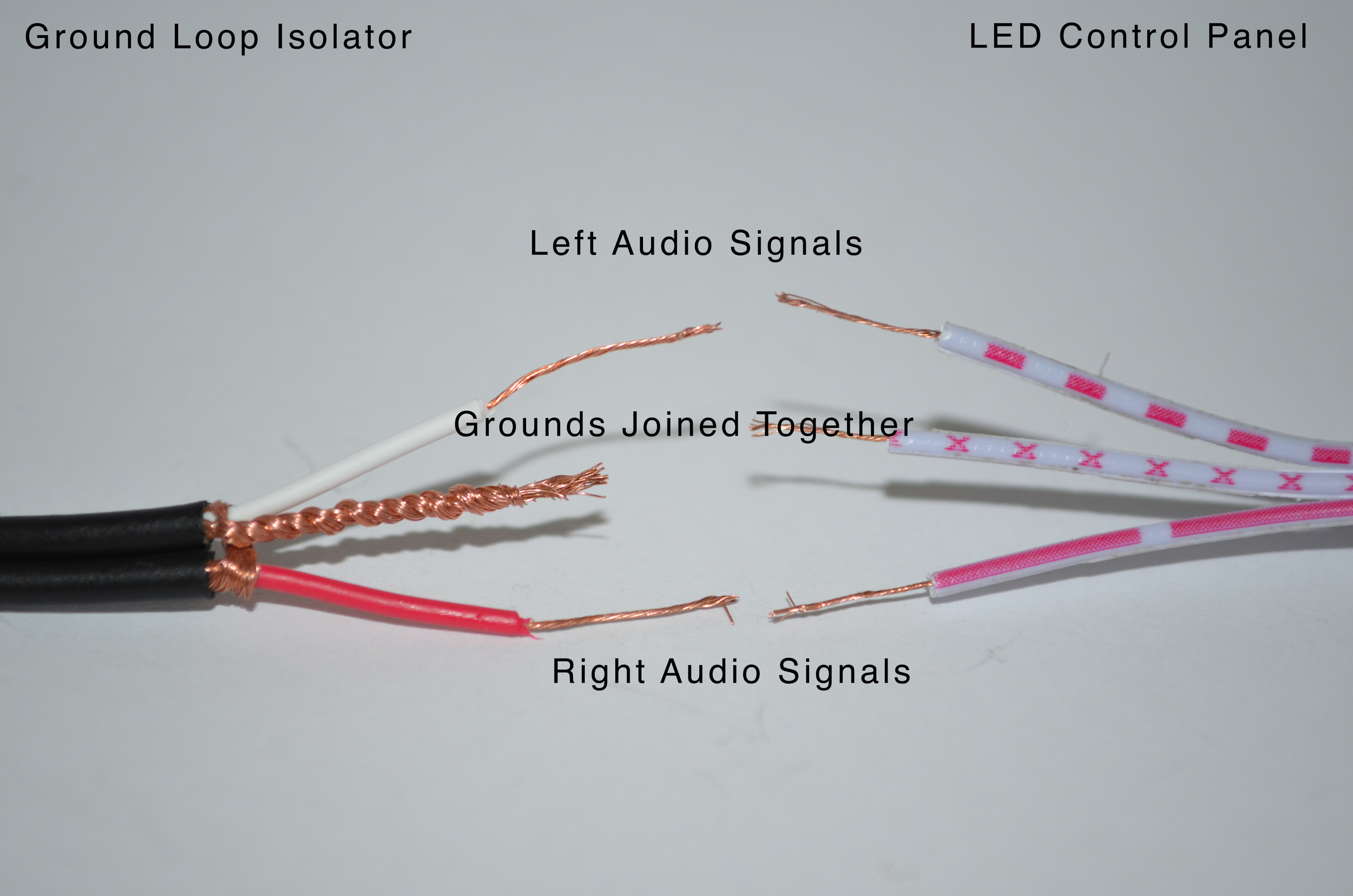
Step 5 Wiring The Audio Signal Cables AMPLFY Speakers
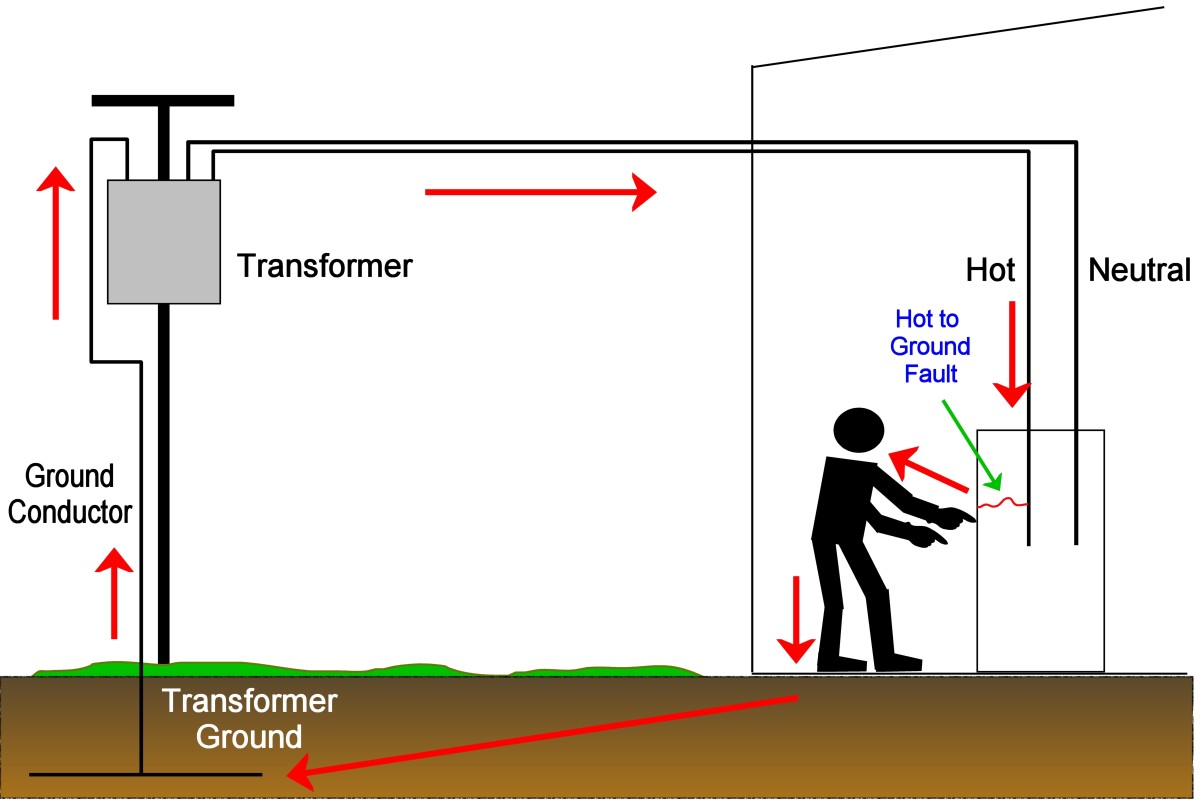
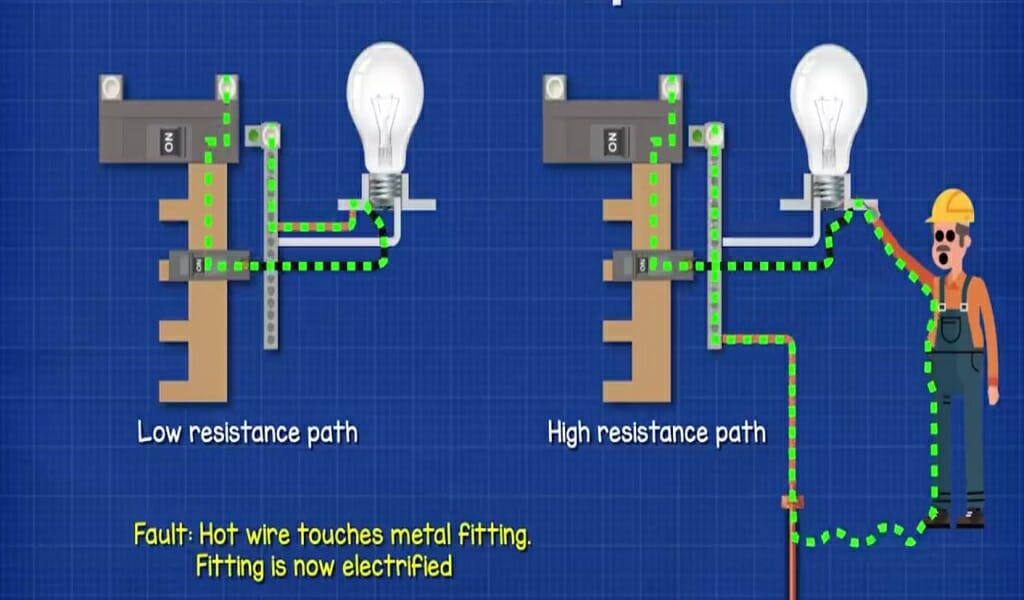
What Happens If Ground Wire Is Not Connected?

